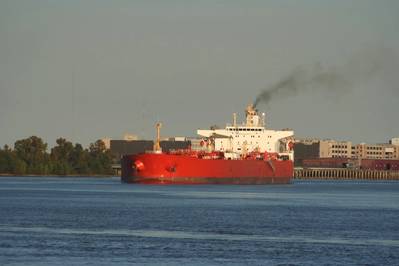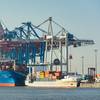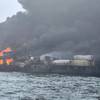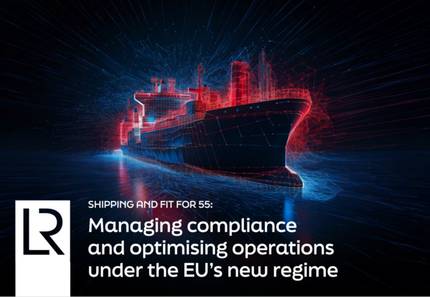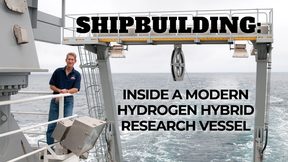ABS CEO Calls for Cooperation on Decarbonization
The successful decarbonization of the shipping industry will require teamwork and cooperation, said ABS Chairman, President and CEO Christopher J. Wiernicki.
“Building the future is clearly a team sport – even if not all players see it that way all the time,” he said. “In our industry, the more all stakeholders in the supply chain cooperate on meeting the challenges of getting to 2030 and 2050, the sooner we will reach those goals, and the better we all will be.”
In a keynote address to the Shipping Insight 20/20: A Vision For The Decade conference titled Leaning into the Future, Wiernicki laid out a roadmap to decarbonization and analyzed the likely impacts, particularly in terms of crew skill sets and the need for regulatory overhaul.
“In all likelihood, the fleet of the future will be fueled by a variety of choices, including oil, that will be selected depending on the owner’s operational preferences,” he said.
“The next-generation fuels making up that variety of choices are primarily dynamic in nature, meaning they tend to change state over the course of a voyage or during storage. LNG, which boils off underway, is an example.
“That means a very significant change is coming in terms of crew training. Right now, handling dynamic fuels is for specialists only. But as these fuels grow in adoption and application, it is likely that all crew members will need to become specialists and receive the appropriate skill sets and safety training. Remember that whatever we build, whatever we invent, whatever we put in place, none of it will work without properly trained and educated crew, operating in a safety-first atmosphere.
Wiernicki added, “As a result, I expect the IMO will need to update SOLAS to account for the many challenges presented by alternate fuels an, other new technologies. Think about it, the SOLAS framework in place today was written before cell phones or internet. Additionally, out of necessity, I think the industry will come to see ISM not only as the safety framework of the future, but also as a pillar of the decarbonization journey.
Emphasizing the importance of people over technology in the development of the industry, Wiernicki said, “The real solution to the 2050 challenge is likely to be a hybrid solution, triggered by four primary levers: development of alternate fuels; technology improvement; operational efficiencies and the impact of policy. One thing that is certain about the future is that it will surprise us.
“Let’s hope that, as we go forward, we work together as a team to apply sufficient insight and mindfulness to our present debates, so that we are successful in leaving the next generation a solid foundation on which to build their own achievements, that we cannot even imagine as possibilities today.”



